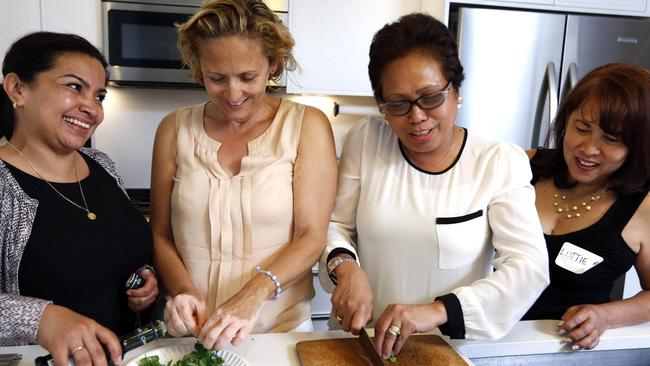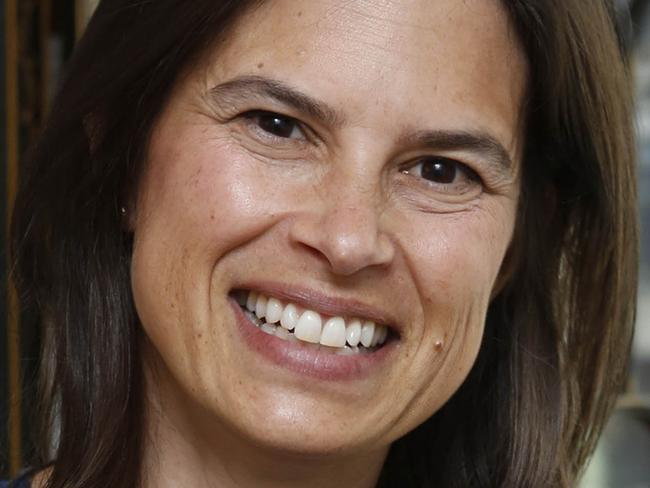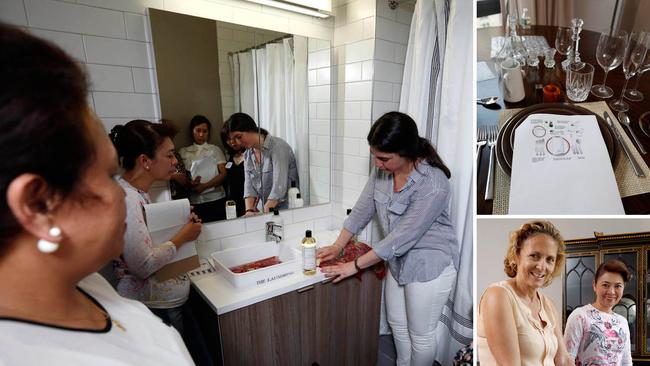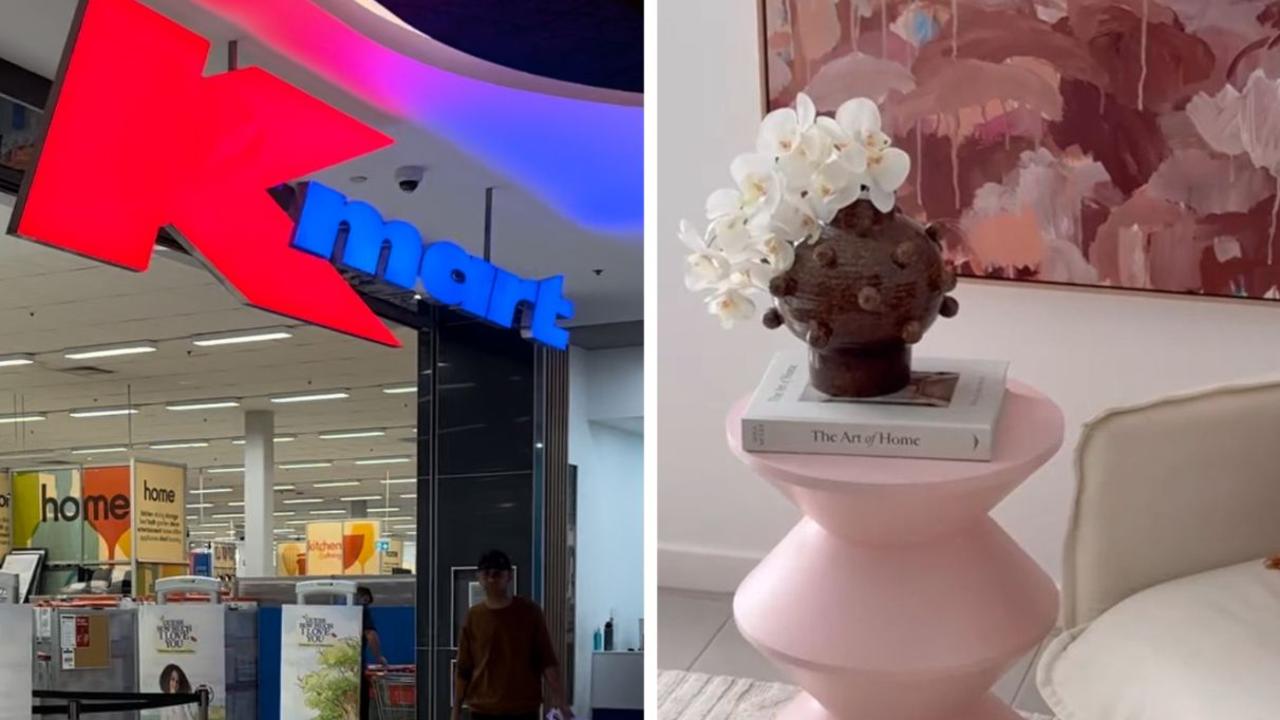‘My maid ruined my Balenciaga blouse so I sent her to boot camp!’
CASHED-UP NYC families are paying for their servants to go to ‘Housekeeping Boot Camp’ to learn how to properly set a table, wash an Hermès scarf, and clean art.

Interiors
Don't miss out on the headlines from Interiors. Followed categories will be added to My News.
JILL Wilpon will never forget the phone call she received this spring.
“It’s done, it’s gone,” the voice on the other end wept. “My Balenciaga blouse was thrown in the wash. The housekeeper didn’t know to handwash it.”
And so, Wilpon, head of domestic staffing firm Chorz, launched ‘Housekeeper Bootcamp’ — a five-hour, $US150 course on the finer points of domesticity, from cleaning to grocery shopping and proper party behaviour.
“They’re from Bhutan!” Wilpon exclaims of some domestic workers. “They don’t know our culture.”
Many high-net-worth NYC families are footing the bill for the boot camp themselves, hoping to get the help familiar with the inner workings of Manhattan luxe life today. And apparently that goes beyond signing nondisclosure agreements and chatting up the doormen.
“They don’t know all the services available — they don’t have a building concierge in the Philippines,” says Wilpon.

On Sunday, eight domestic workers convened in an uptown apartment to learn how to properly set a table, wash an Hermès scarf, and clean fine art.
Some lessons seemed lifted straight from Downton Abbey, as in Wilpon’s suggestion to “Keep your personal opinions to yourself.”
Still other tips are more specific: “A lot of Filipinos like coriander, but families here have allergies,” Wilpon says.
What’s at stake, of course, is their jobs. The average salary of a full-time hourly housekeeper in New York City is $US50,000; the head housekeeper who directs the other staff can earn nearly $US30,000 more.
Lottie Belmonte, a 62-year-old Filipina who previously worked at a tiny Long Island estate for five years, is looking for a new job, and signed up because she “needs an edge” over the competition.
“I want to learn new techniques,” she says.
Indeed, the demands made on domestics have evolved over the years.
“Twenty years ago, not everyone had a driver or four kids, or such complicated food,” Wilpon says.

“There were no sophisticated menus ... They didn’t demand organic, fresh, daily food.”
Many of her clients prefer that the help handwash sensitive items instead of sending them out to high-end cleaners such as Madame Paulette.
“It’s expensive, not that these people care about that. It’s about the chemicals,” Wilpon says of the newly toxic-aware.
Another problem area is mastering today’s hi-tech homes.
“There are no doorknobs — it’s digital!” says Mai Gaudite, 54, who, before arriving in the US 10 years ago, was a successful real estate broker in her native Philippines.
“It was a different world to become a professional housekeeper in New York,” adds Gaudite, who’s one of five staff members employed at the Park Avenue duplex penthouse of a real estate magnate and his wife.
And Wilpon — a petite 49-year-old brunette with a background in corporate human resources — is more than happy to help them navigate it.
Next month’s class involves a field trip to Manhattan’s better food stores.
Says Wilpon: “They don’t know how to ask for help at Citarella.”
This article originally appeared on The New York Post.
Originally published as ‘My maid ruined my Balenciaga blouse so I sent her to boot camp!’


